Code
HCS22689
Weight
4 Kg / 8.82 lbs
Size
Height
29cm (11") Width
26cm (10") Depth
16cm (6") Material
Copper & Gold Plated
Availability
Available
Date Added
2021-01-21 01:40:21
Note : We used to sell this product 4 years ago so it may no longer be in our stock.
It is possible that we still have it with our suppliers but the price could be different from before.
Feel free to order. We will verify availability and inform you promptly.
It is possible that we still have it with our suppliers but the price could be different from before.
Feel free to order. We will verify availability and inform you promptly.

Safe Payment
We accept Paypal, Money Transfer, Bank Transfer
Confidence
Protection covers your purchase and personal data.
Worldwide Delivery
We ship Worldwide, except Russia.Shipping cost US$25.2 for upto 0.5 kgs

Hotline
Talk to help line for your question on 9841267335Antique Finishing
This is an antique patina-finished Buddhist Statue Of Marpa Lotsawa, [full Fire Gold Plated], Antique Finishing. This is not an antique statue. It is just an antique patina finish. This Buddhist Statue Of Marpa Lotsawa, [full Fire Gold Plated], Antique Finishing is a testament to the artisan's mastery of the art of aging. Its antique patina has been meticulously crafted to give the appearance of an aged statue, showcasing the artist's unique techniques and skills. Through undisclosed processes and careful aging treatments, the Buddhist Statue Of Marpa Lotsawa, [full Fire Gold Plated], Antique Finishing undergoes a transformation that captures the essence of time and history. Read More . . .
This is an antique patina-finished Buddhist Statue Of Marpa Lotsawa, [full Fire Gold Plated], Antique Finishing. This is not an antique statue. It is just an antique patina finish. This Buddhist Statue Of Marpa Lotsawa, [full Fire Gold Plated], Antique Finishing is a testament to the artisan's mastery of the art of aging. Its antique patina has been meticulously crafted to give the appearance of an aged statue, showcasing the artist's unique techniques and skills. Through undisclosed processes and careful aging treatments, the Buddhist Statue Of Marpa Lotsawa, [full Fire Gold Plated], Antique Finishing undergoes a transformation that captures the essence of time and history. Read More . . .
Full Fire Gold Plating
This Buddhist Statue Of Marpa Lotsawa, [full Fire Gold Plated], Antique Finishing is finished with full gold plating. also known as mercury gold plating or fire gold plating. This traditional technique involves the application of a genuine layer of gold onto the Buddhist Statue Of Marpa Lotsawa, [full Fire Gold Plated], Antique Finishing. Referred to as mercury gold plating, it is considered the correct and authentic form of gold plating in Nepal. Despite being more expensive than electroplating, this traditional mercury gold plating is gaining popularity again in Nepal. People are drawn to its authenticity, longevity, and the unmatched beauty it brings to the Buddhist Statue Of Marpa Lotsawa, [full Fire Gold Plated], Antique Finishing. The resurgence of interest in this traditional form of gold plating reflects a growing appreciation for the craftsmanship and cultural heritage of Nepal Read More . . .
This Buddhist Statue Of Marpa Lotsawa, [full Fire Gold Plated], Antique Finishing is finished with full gold plating. also known as mercury gold plating or fire gold plating. This traditional technique involves the application of a genuine layer of gold onto the Buddhist Statue Of Marpa Lotsawa, [full Fire Gold Plated], Antique Finishing. Referred to as mercury gold plating, it is considered the correct and authentic form of gold plating in Nepal. Despite being more expensive than electroplating, this traditional mercury gold plating is gaining popularity again in Nepal. People are drawn to its authenticity, longevity, and the unmatched beauty it brings to the Buddhist Statue Of Marpa Lotsawa, [full Fire Gold Plated], Antique Finishing. The resurgence of interest in this traditional form of gold plating reflects a growing appreciation for the craftsmanship and cultural heritage of Nepal Read More . . .
Lost-Wax System
This Milarepa of Buddhist Statue Of Marpa Lotsawa, [full Fire Gold Plated], Antique Finishing is made by the process of the Lost Wax system. This is a very complicated, time consuming and historic process of making metal sculptures.Which is why it is sometimes called Precision Casting as well. Hence the sculptures made by this process are comparatively expensive. There are many new, advanced and less time consuming methods of casting metal sculptures available as well. But due to the benefits provided by the traditional lost wax system in quality control and customization, we prefer the Loss wax system over Ceramic molding, or sand casting to make our Milarepa.
Below we have tried to illustrate the process of making a loss wax system statue: Read More . . .
This Milarepa of Buddhist Statue Of Marpa Lotsawa, [full Fire Gold Plated], Antique Finishing is made by the process of the Lost Wax system. This is a very complicated, time consuming and historic process of making metal sculptures.Which is why it is sometimes called Precision Casting as well. Hence the sculptures made by this process are comparatively expensive. There are many new, advanced and less time consuming methods of casting metal sculptures available as well. But due to the benefits provided by the traditional lost wax system in quality control and customization, we prefer the Loss wax system over Ceramic molding, or sand casting to make our Milarepa.
Below we have tried to illustrate the process of making a loss wax system statue: Read More . . .
Brief Introduction :
Marpa Lotsawa (མར་པ་ལོ་ཙཱ་བ་ཆོས་ཀྱི་བློ་གྲོས་, 1012-1097), sometimes known fully as Marpa Chokyi Lodro (Wylie: mar pa chos kyi blo gros) or commonly as Marpa the Translator (Marpa Lōtsawa), was a Tibetan Buddhist teacher credited with the transmission of many Vajrayana teachings from India, including the teachings and lineages of Mahamudra. Due to this the Kagyu lineage, which he founded, is often called Marpa Kagyu in his honour.
Although some accounts relate that the Mahasiddha Naropa was the personal teacher of Marpa, other accounts suggest that Marpa held Naropa's lineage through intermediary disciples only. Either way, Marpa was a personal student of the Mahasiddha Maitripa and of the dakini Niguma.
life Story :Although some accounts relate that the Mahasiddha Naropa was the personal teacher of Marpa, other accounts suggest that Marpa held Naropa's lineage through intermediary disciples only. Either way, Marpa was a personal student of the Mahasiddha Maitripa and of the dakini Niguma.
Born as Marpa Chokyi Lodro, in Lhodrak Chukhyer in the southern part of Tibet, to an affluent family, he began studying at a young age but was wild and untamed compared to other children. Marpa first received instruction for three years at Mangkhar with Drokmi Shakya Yeshe and mastered Sanskrit. He decided to travel to India to study with renowned Indian Buddhist masters. His first trip to Nepal and India was in the company of Nyo Lōtsawa, whom he attended as a servant. Marpa returned home to Lhodrak and converted his entire inheritance into gold to fund his travel expenses and to make offerings to teachers.
Marpa journeyed first to Nepal where he studied with Paindapa and Chitherpa, two famous students of Naropa. Paindapa later accompanied Marpa to Pullahari, near Nalanda University, where Naropa taught. Marpa spent twelve years studying with Naropa and other great Indian gurus, most prominently Maitripada. After twelve years he set forth on his journey back to Tibet to teach and continue his dharma activities.
Marpa was to travel to India twice more and Nepal three more times and studied with Naropa and other great teachers including Maitripa. He is said to have stayed in the cave at Phugtal Monastery. On his third visit to India, Naropa, who was engaged in tantric practices, proved difficult to find. However eventually Marpa found him and received the final teachings and instructions from Naropa. It was then that Naropa prophesied that a family lineage would not continue for Marpa, but that his lineage would be carried on by his disciples. Marpa now had received the full transmission, so Naropa formally declared Marpa to be his successor although he had other major disciples including Paindapa, Chitherpa, Shri Shantibhadra or Kukuripa, and Maitripa.
Upon his return to Tibet, Marpa spent many years translating Buddhist scriptures and made a major contribution to the transmission of the complete buddhadharma to Tibet. Marpa continued to practice and give teachings and transmissions to many students in Tibet. After his second visit to India Milarepa became his disciple. After the death of Marpa's son, Darma Dode, Milarepa inherited his lineage in full. Marpa lived with his wife Dakmema and their sons in Lhodrak in the southern part of Tibet. Marpa is said to have founded Stongdey Monastery in Zanskar in 1052 CE.
Marpa journeyed first to Nepal where he studied with Paindapa and Chitherpa, two famous students of Naropa. Paindapa later accompanied Marpa to Pullahari, near Nalanda University, where Naropa taught. Marpa spent twelve years studying with Naropa and other great Indian gurus, most prominently Maitripada. After twelve years he set forth on his journey back to Tibet to teach and continue his dharma activities.
Marpa was to travel to India twice more and Nepal three more times and studied with Naropa and other great teachers including Maitripa. He is said to have stayed in the cave at Phugtal Monastery. On his third visit to India, Naropa, who was engaged in tantric practices, proved difficult to find. However eventually Marpa found him and received the final teachings and instructions from Naropa. It was then that Naropa prophesied that a family lineage would not continue for Marpa, but that his lineage would be carried on by his disciples. Marpa now had received the full transmission, so Naropa formally declared Marpa to be his successor although he had other major disciples including Paindapa, Chitherpa, Shri Shantibhadra or Kukuripa, and Maitripa.
Upon his return to Tibet, Marpa spent many years translating Buddhist scriptures and made a major contribution to the transmission of the complete buddhadharma to Tibet. Marpa continued to practice and give teachings and transmissions to many students in Tibet. After his second visit to India Milarepa became his disciple. After the death of Marpa's son, Darma Dode, Milarepa inherited his lineage in full. Marpa lived with his wife Dakmema and their sons in Lhodrak in the southern part of Tibet. Marpa is said to have founded Stongdey Monastery in Zanskar in 1052 CE.
| A traditional depiction of Marpa painted on a rock on Holy Isle, Firth of Clyde | Lotsawa Marpa Chokyi Lodro, (1012-1097) |


![Buddhist Statue Of Marpa Lotsawa, [full Fire Gold Plated], Antique Finishing](https://handicraftseller.com/uploads/pics/product/thumb/2021/01/22689.jpg)
![Buddhist Statue Of Marpa Lotsawa, [full Fire Gold Plated], Antique Finishing](https://handicraftseller.com/uploads/pics/product/thumb/2021/01/22689_0.jpg)
![Buddhist Statue Of Marpa Lotsawa, [full Fire Gold Plated], Antique Finishing](https://handicraftseller.com/uploads/pics/product/thumb/2021/01/22689_1.jpg)
![Buddhist Statue Of Marpa Lotsawa, [full Fire Gold Plated], Antique Finishing](https://handicraftseller.com/uploads/pics/product/thumb/2021/01/22689_2.jpg)


























































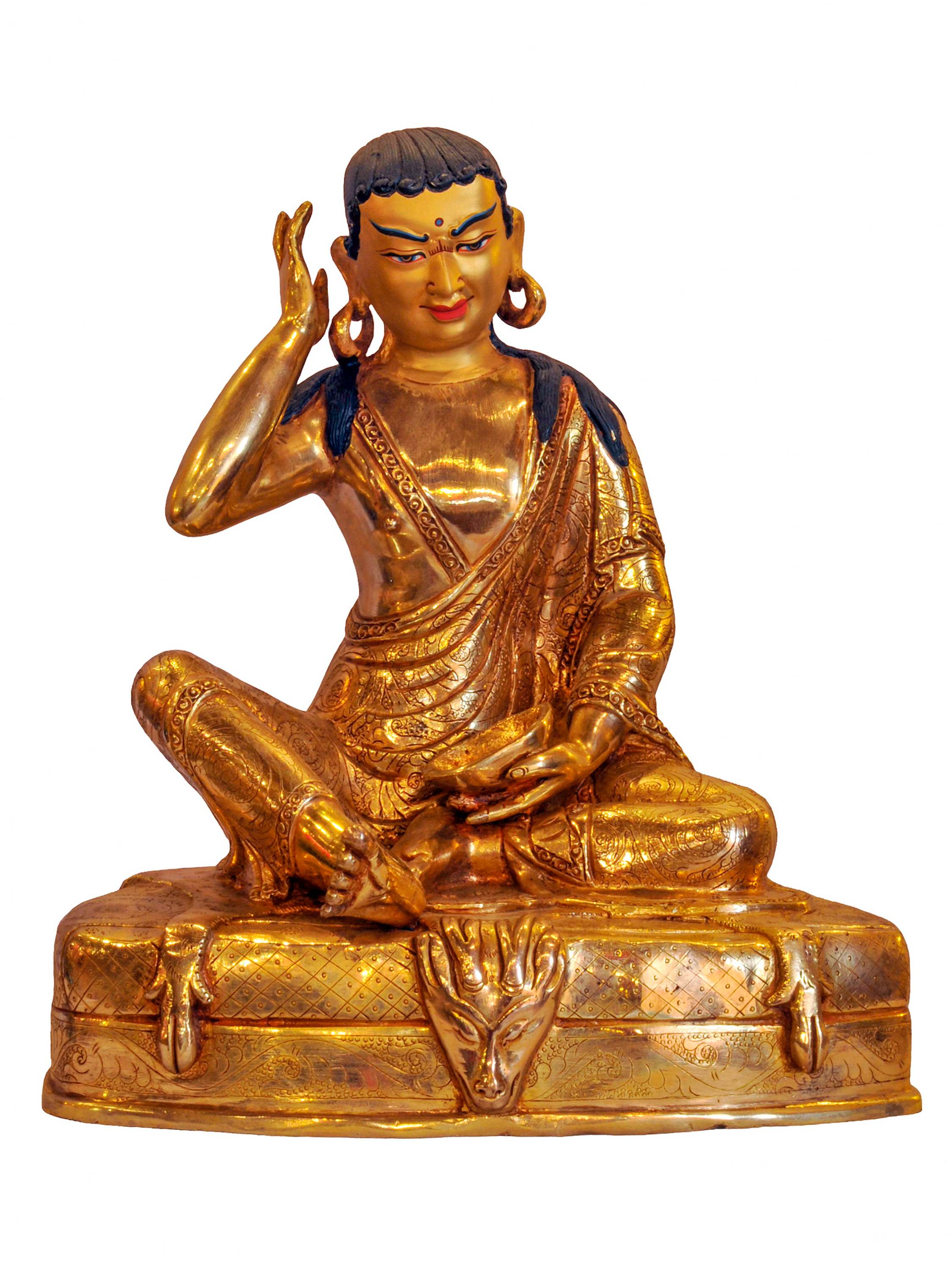 of Milarepa,
of Milarepa, 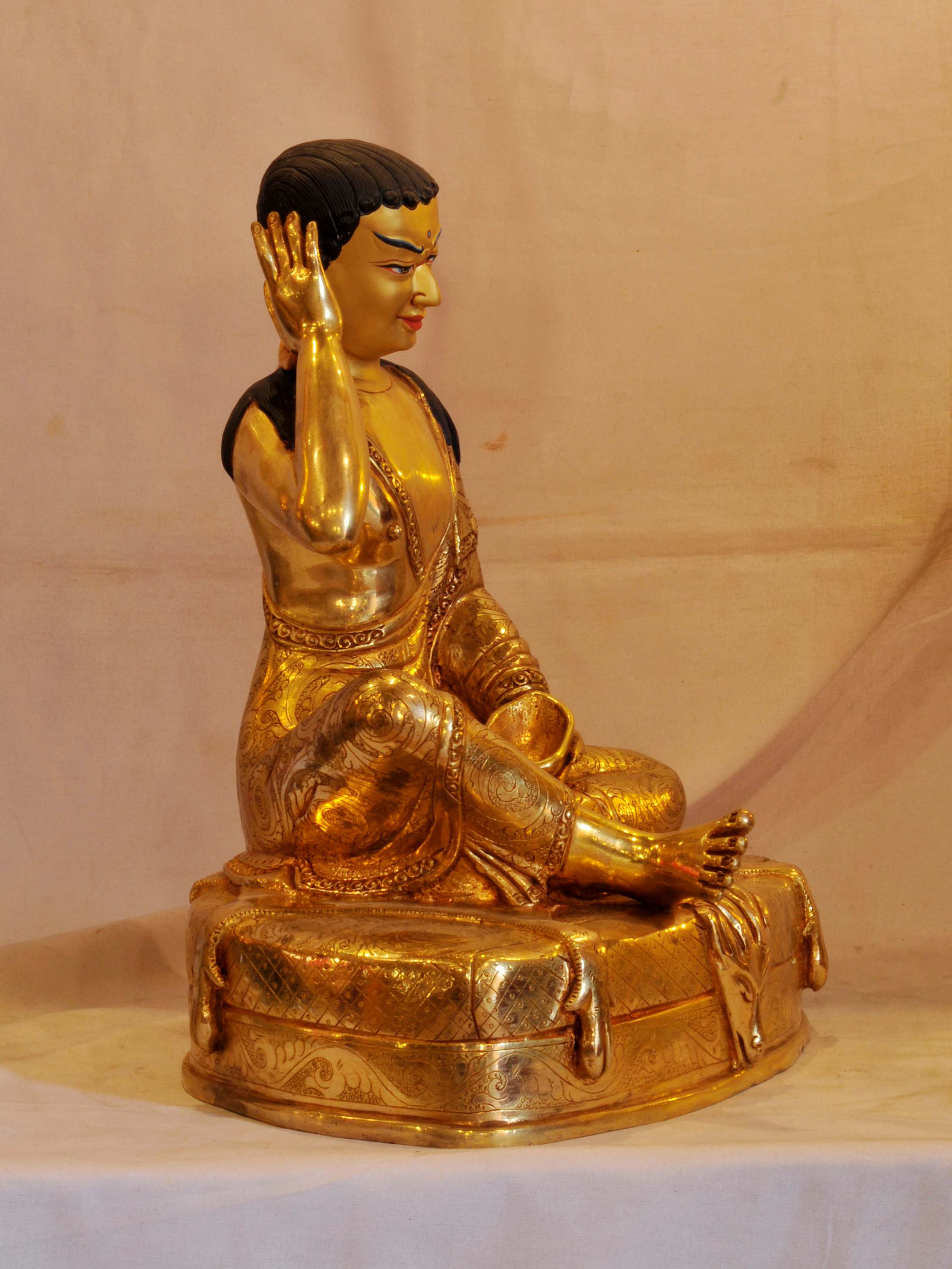 of Milarepa,
of Milarepa,  of Milarepa,
of Milarepa,  of Milarepa,
of Milarepa,  of Karmapa,
of Karmapa, 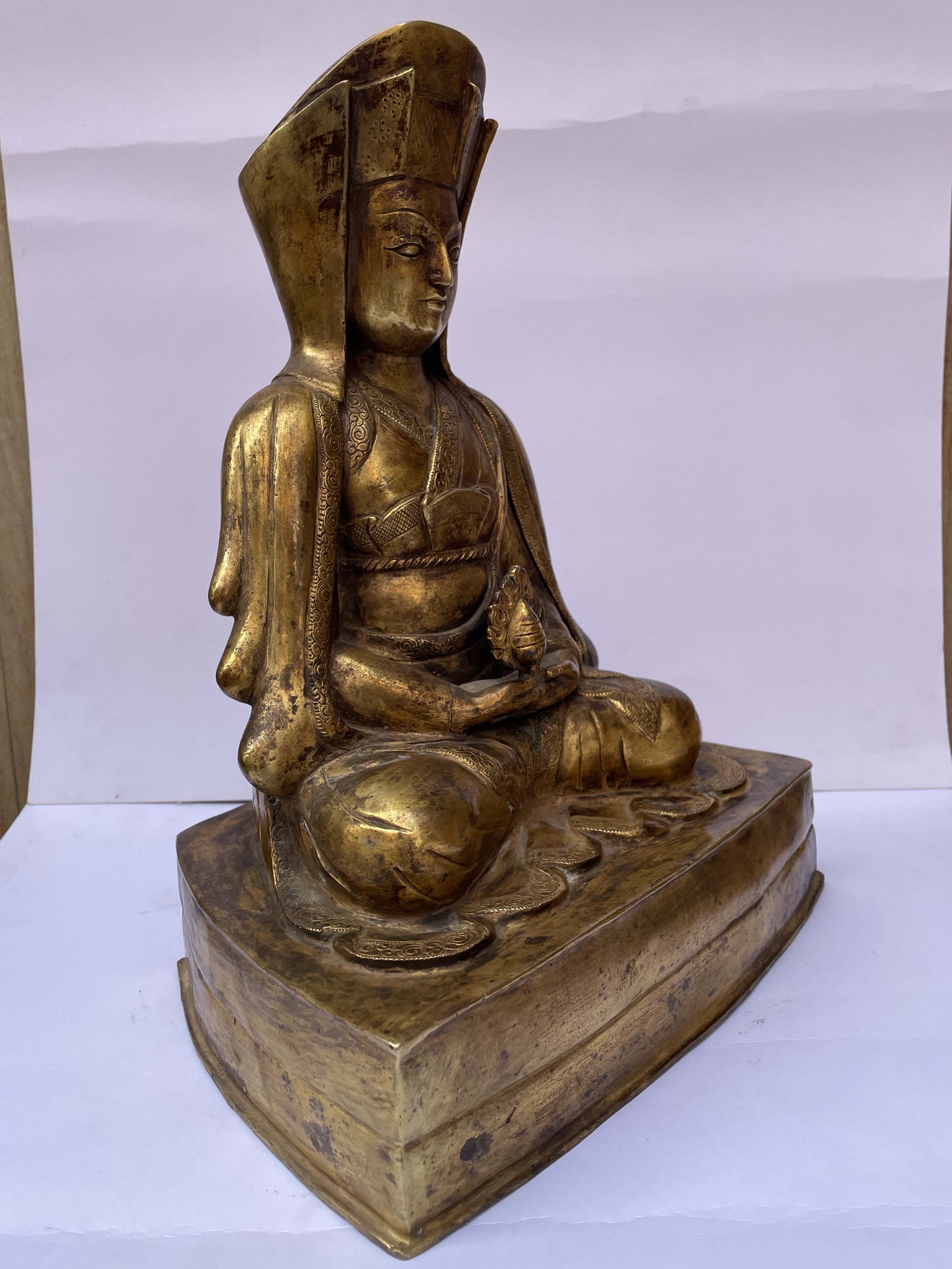 of Karmapa,
of Karmapa,  of Milarepa
of Milarepa  of Milarepa
of Milarepa  of Milarepa,
of Milarepa,  of Milarepa,
of Milarepa,  of Milarepa,
of Milarepa,  of Milarepa,
of Milarepa,  of
of 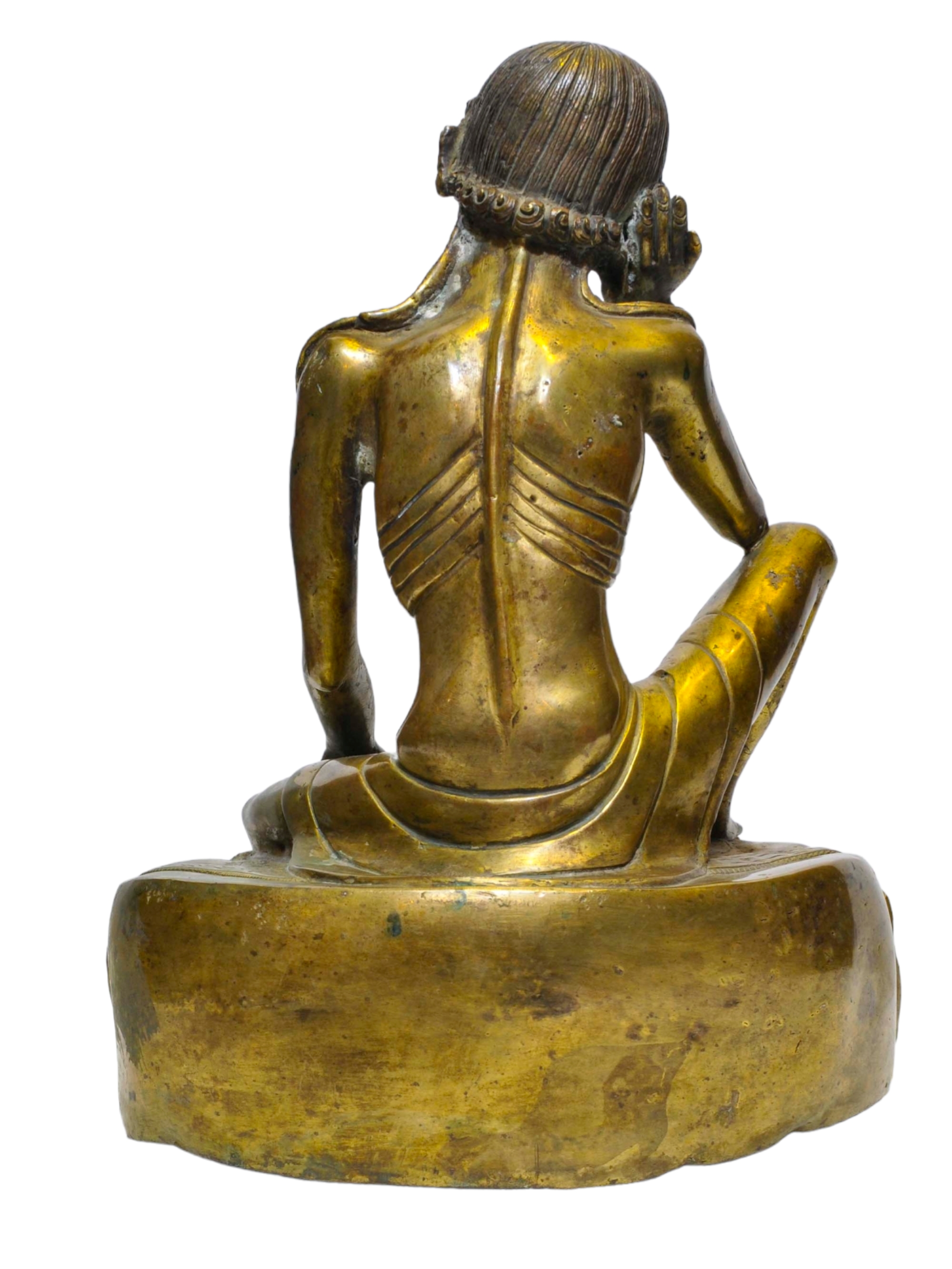 of
of 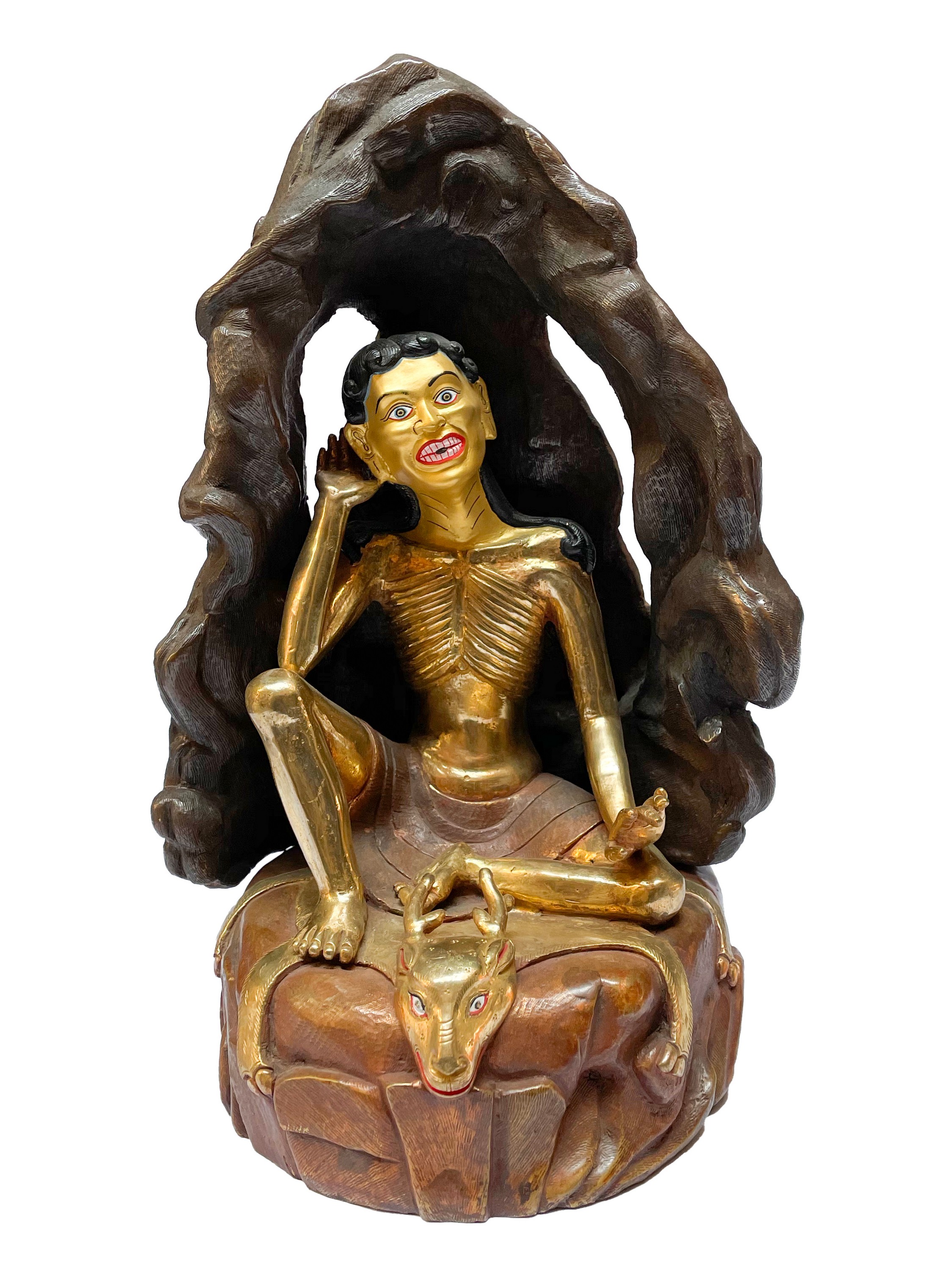 of Milarepa,
of Milarepa, 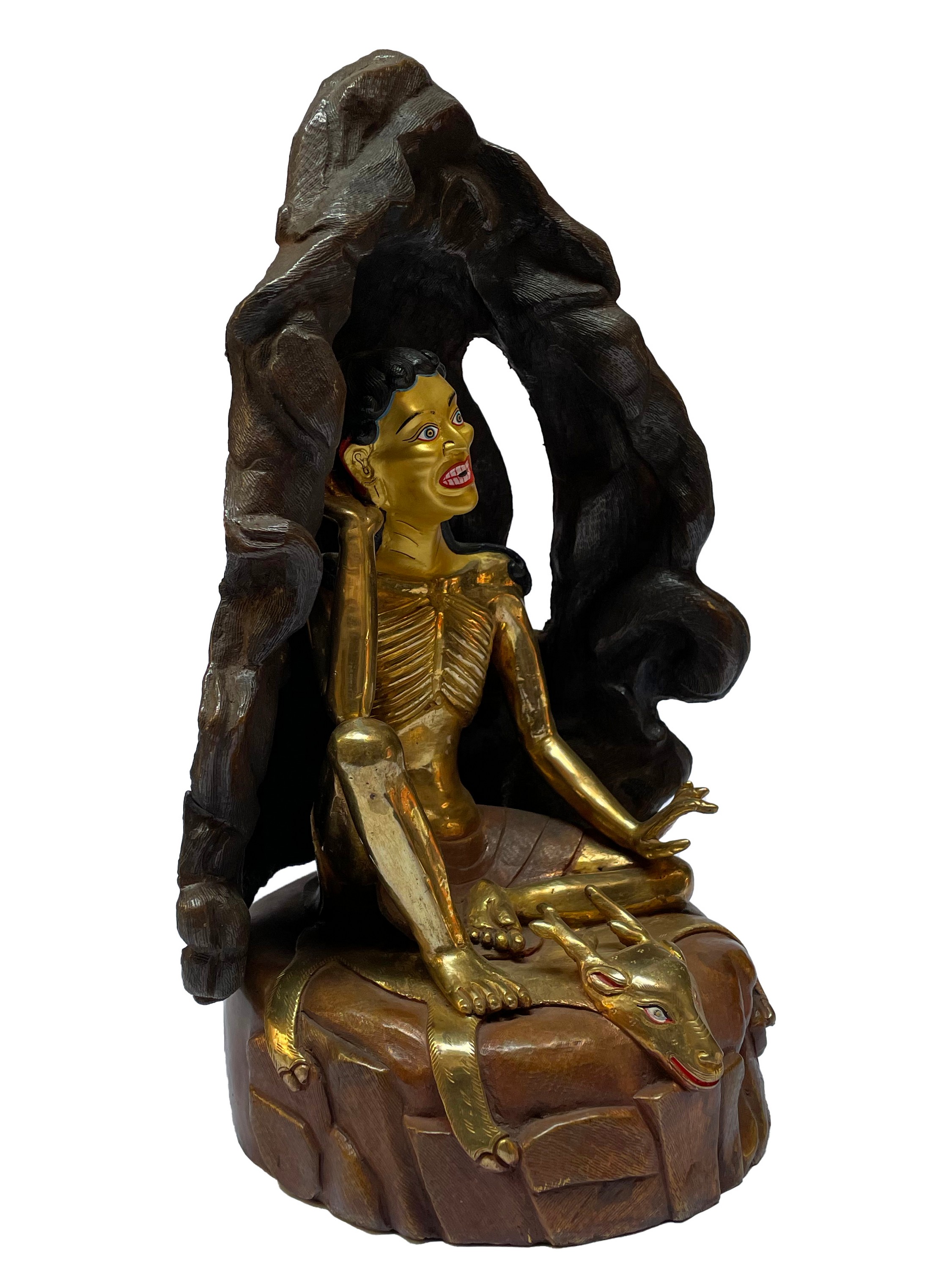 of Milarepa,
of Milarepa,  Milarepa, Buddhist Handmade Statue,
Milarepa, Buddhist Handmade Statue,  Milarepa, Buddhist Handmade Statue,
Milarepa, Buddhist Handmade Statue, 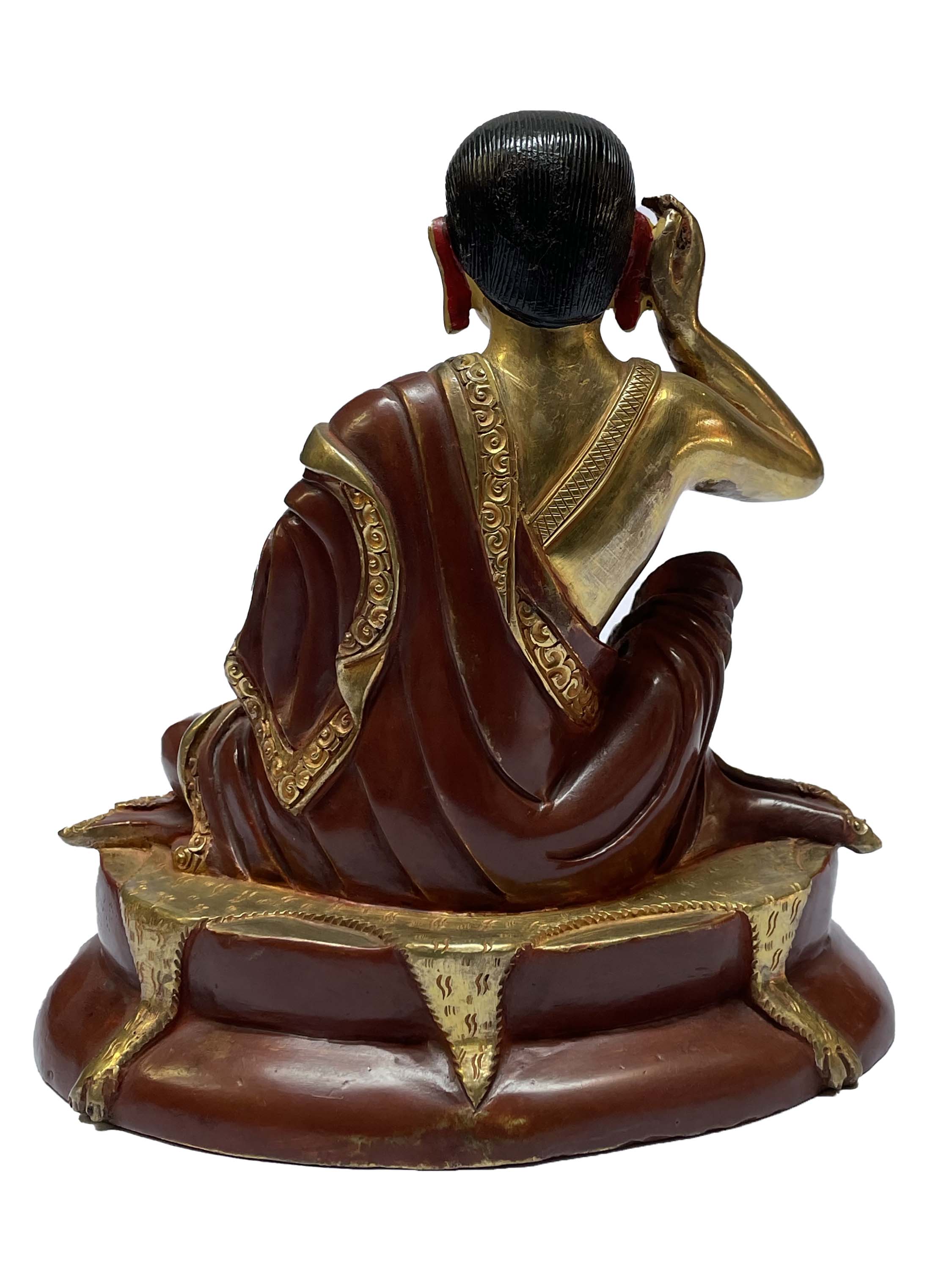 of Milarepa,
of Milarepa, 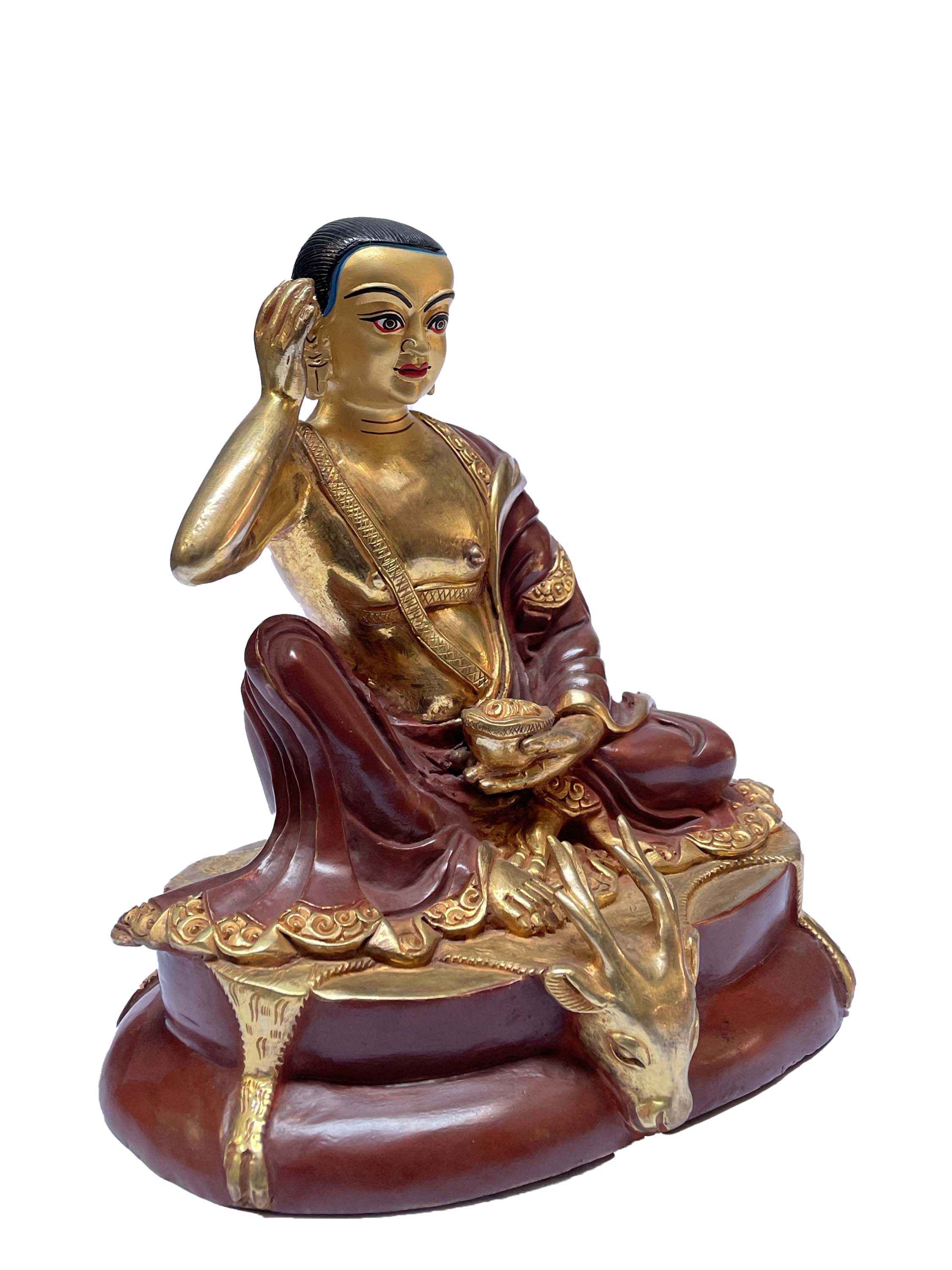 of Milarepa,
of Milarepa,